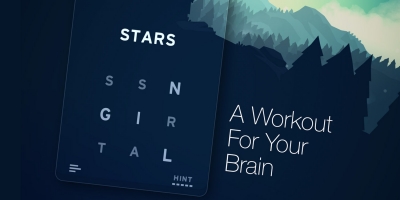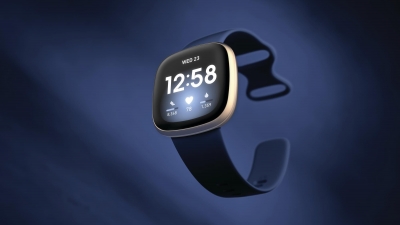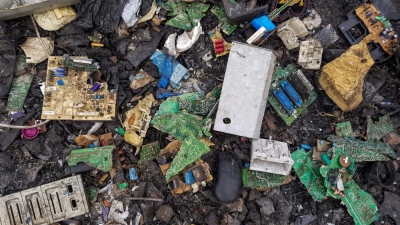Use hashtags to organize chats on Telegram

Tap the search bar in Telegram and enter # followed by a keyword to find messages that use that particular hashtag across all your chats. Narrow down search results by username and date range. Also, when you use a hashtag before any word in a message, that word becomes clickable, allowing you to see all the messages relating to that topic.
Like other messaging apps, Telegram's chat list is dynamically sorted by the date of last update, and they limit users to just 5 pinned chats.
?
This is fine if you're just chatting with friends and family on Telegram. But if you're one of the many power users and professionals using Telegram for business, communities, and productivity, the 5 pinned chats limit isn't enough.
The chat list gets messy really quickly. We need more organization and sorting for our chats.
?
With Telefuel, you can create Workspace and Chat Folders to keep your Telegram organized and in place - and then you can pin unlimited chats into each Workspace and Chat Folder. No arbitrary limits.
?
Telegram's chat list is great for normal users, but power users need more. We felt the pain, and built Telefuel to help.
Picture Credit : Google



